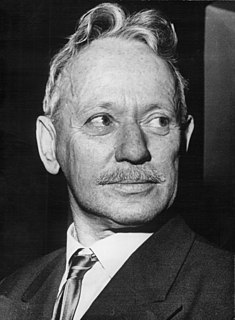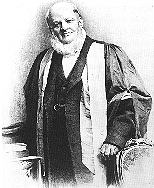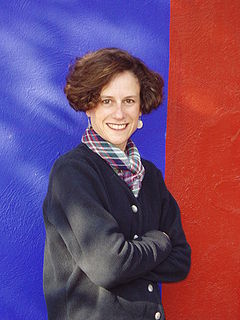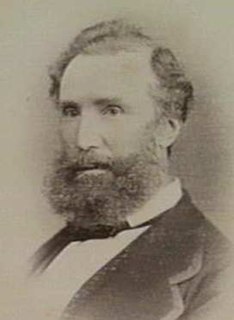A Quote by Albert Einstein
Members of legislative bodies are selected by political parties, largely financed or otherwise influenced by private capitalists who, for all practical purposes, separate the electorate from the legislature. The consequence is that the representatives of the people do not in fact sufficiently protect the interests of the underprivileged sections of the population.
Related Quotes
The people can never willfully betray their own interests: But they may possibly be betrayed by the representatives of the people; and the danger will be evidently greater where the whole legislative trust is lodged in the hands of one body of men, than where the concurrence of separate and dissimilar bodies is required in every public act.
Thus far, both political parties have been remarkably clever and effective in concealing this new reality. In fact, the two parties have formed an innovative kind of cartel—an arrangement I have termed America’s political duopoly. Both parties lie about the fact that they have each sold out to the financial sector and the wealthy. So far both have largely gotten away with the lie, helped in part by the enormous amount of money now spent on deceptive, manipulative political advertising.
That the legislative and executive powers of the State should be separate and distinct from the judiciary; and that the members of the two first may be restrained from oppression, by feeling and participating the burdens of the people, they should, at fixed periods, be reduced to a private station, return into that body from which they were originally taken, and the vacancies be supplied by frequent, certain, and regular elections, in which all, or any part of the former members, to be again eligible, or ineligible, as the laws shall direct.
Harry Truman once said, 'There are 14 or 15 million Americans who have the resources to have representatives in Washington to protect their interests, and that the interests of the great mass of the other people - the 150 or 160 million - is the responsibility of the president of the United States, and I propose to fulfill it.'
In our time, political speech and writing are largely the defense of the indefensible. Things like the continuance of British rule in India, the Russian purges and deportations, the dropping of the atom bombs on Japan, can indeed be defended, but only by arguments which are too brutal for most people to face, and which do not square with the professed aims of the political parties. Thus political language has to consist largely of euphemism, question-begging and sheer cloudy vagueness.
I believed in the goodness of the Australian people; I believed they did not want to be attacking each other, and from those thoughts, I got the idea of Reconciliation in the campaign slogan and of turning this into something practical by calling a summit to bring representatives of all sections of society together, from the wealthiest to the poor.
The state has been living on a revenue which was being produced in the private sphere for private purposes and had to be deflected from these purposes by political force. The theory that construes taxes on the analogy of club dues or of the purchase of the services of, say, a doctor only proves how far removed this part of the social sciences is from scientific habits of mind.
The electors see their representative not only as a legislator for the state but also as the natural protector of local interests in the legislature; indeed, they almost seem to think that he has a power of attorney to represent each constituent, and they trust him to be as eager in their private interests as in those of the country.




































